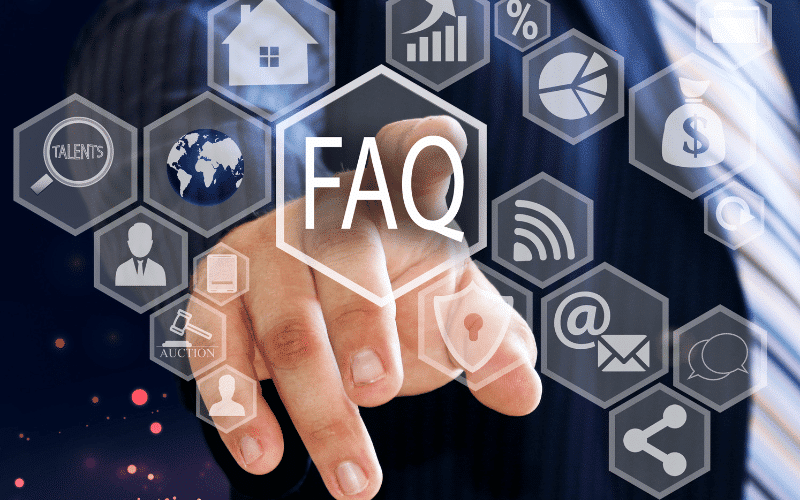FAQs about Diverticulosis Symptoms
Advertisements
 Advertisements
Advertisements
1. What is the primary cause of diverticulosis?
The exact cause of diverticulosis is not entirely understood, but it is believed to be a combination of genetic predisposition, age-related changes in the colon, and lifestyle factors such as diet and physical activity. A low-fiber diet is thought to play a significant role, as it can lead to increased pressure within the colon and the formation of diverticula.
2. Can diverticulosis be cured?
Diverticulosis cannot be entirely cured, as the diverticula that have formed in the colon will not disappear. However, the symptoms and complications associated with diverticulosis can be effectively managed through dietary modifications, medication, and, in some cases, surgical intervention.
3. Are there any risk factors for developing diverticulosis?
Yes, several risk factors can increase the likelihood of developing diverticulosis, including age (it is more common in individuals over the age of 40), a low-fiber diet, obesity, smoking, and a sedentary lifestyle.
4. How is diverticulosis diagnosed?
Diverticulosis is typically diagnosed through imaging studies such as a CT scan or a colonoscopy. These tests allow healthcare providers to visualize the colon and identify the presence of diverticula.
5. Can diverticulosis lead to more severe complications?
If left untreated, diverticulosis can lead to complications such as diverticulitis (inflammation or infection of the diverticula), gastrointestinal bleeding, and the formation of abscesses, fistulas, or bowel obstructions. Prompt diagnosis and appropriate management of diverticulosis can help minimize the risk of these complications.
6. What lifestyle changes can help manage diverticulosis symptoms?
Lifestyle changes that can help manage diverticulosis symptoms include increasing dietary fiber intake, staying well-hydrated, engaging in regular physical activity, maintaining a healthy weight, and quitting smoking. Consulting with a healthcare provider or dietitian can provide personalized guidance on adopting these changes for optimal digestive health.
7. Can stress contribute to diverticulosis symptoms?
Stress may not directly cause diverticulosis, but it can exacerbate the symptoms associated with the condition. Stress can affect the digestive system by altering the gut-brain axis, leading to changes in gut motility and increased sensitivity to abdominal pain and discomfort. Managing stress through relaxation techniques, physical activity, or psychological support can help alleviate some of the symptoms associated with diverticulosis.
8. Are there specific foods to avoid if you have diverticulosis?
While there is no one-size-fits-all approach to a diverticulosis-friendly diet, it is generally recommended to consume a high-fiber diet, including whole grains, fruits, vegetables, and legumes, to prevent constipation and reduce pressure within the colon. However, some individuals with diverticulosis may need to avoid specific foods that can worsen their symptoms, such as seeds, nuts, popcorn, or high-fat and spicy foods. It is essential to work with a healthcare provider or dietitian to develop a personalized meal plan tailored to your specific needs and symptomatology.
9. How often should I follow up with my healthcare provider about my diverticulosis?
The frequency of follow-up visits with your healthcare provider will depend on the severity of your diverticulosis, your symptoms, and your overall health. If your symptoms are well-managed through lifestyle changes and medication, you may only need to check in with your provider periodically or if new symptoms arise. However, if you have recurrent or severe symptoms, your healthcare provider may recommend more frequent monitoring and follow-up visits.
10. Are there any surgical options for treating diverticulosis?
Surgery may be considered for individuals with diverticulosis who experience severe or recurrent complications, such as diverticulitis, gastrointestinal bleeding, or the formation of abscesses, fistulas, or bowel obstructions. Surgical options may include removing the affected portion of the colon (resection) or creating a temporary or permanent colostomy. The decision to pursue surgery will depend on the individual’s specific circumstances, and the risks and benefits should be carefully discussed with a healthcare provider.
Conclusion: Understanding Diverticulosis and Finding Timely Treatment
Diverticulosis is a common digestive condition that affects a large number of individuals, especially as they age. By understanding the various symptoms associated with diverticulosis, individuals can seek timely medical attention and implement appropriate management strategies to minimize the risk of complications.
Lifestyle changes, such as adopting a high-fiber diet, staying well-hydrated, and engaging in regular physical activity, can play a significant role in managing symptoms and maintaining overall digestive health. It is essential to work closely with healthcare providers to develop a personalized treatment plan tailored to individual needs, considering both the physical and emotional aspects of living with diverticulosis.